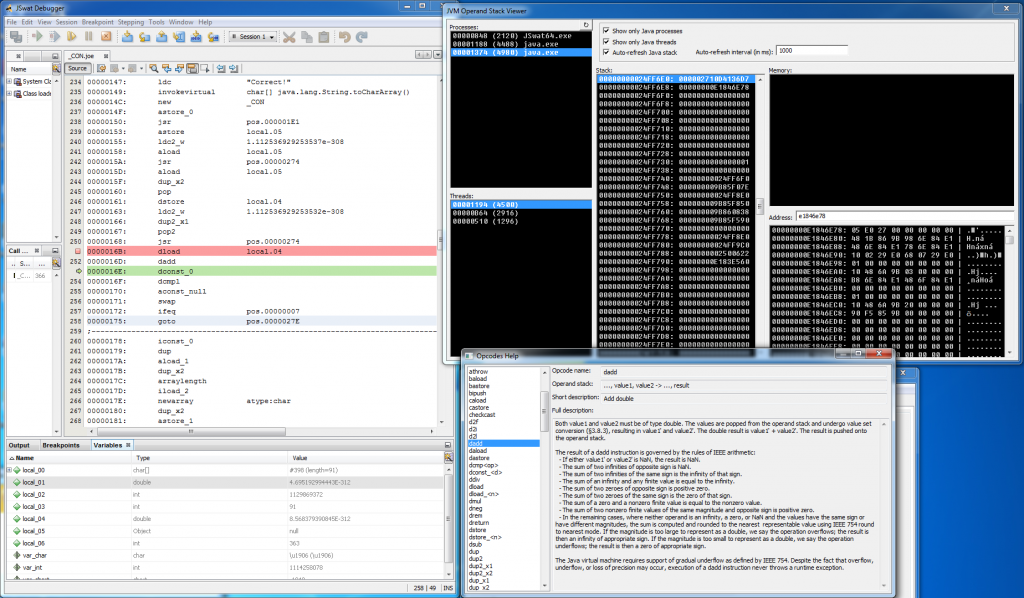Disclaimer: This post is aimed at retro-gaming preservation and code-archeology. All product names, trademarks, and registered trademarks are the property of their respective owners.
933 days, this is the amount of time that passed since part 1 of that blog post. I had almost all work done back in 2018, I was just missing one small detail about the palette applied to the rendered frames. Then life happened and I pretty much abandoned not only this blog but all of my side projects. Around the beginning of February 2021, I felt a sudden urge to finish that project and I dug up all of my notes and source codes and started moving forward. The sources, obviously, didn’t meet my quality bar after all these years, but I took the time to modernize them a bit, so it is less of a shame to make them public.
Before I start, I encourage old and new readers to take a look at part 1, as this post is a continuation and it may be easier to follow along being familiar with the prior research.
One more thing that is worth mentioning that I didn’t know in 2018 is that MK1 and MK2 executables have embedded Watcom compiler symbols. I learned about it just recently when I was looking for some recent development with regard to MK reverse engineering efforts:
- https://www.reddit.com/r/REGames/comments/e7tbq9/decompiling_mortal_kombat/
- https://github.com/fonic/wcdctool
I didn’t use the wcdctool as the list of steps to make it work is quite long and I have most of the executable described in IDA anyway. The most important learning I took from wcdctool is the existence of wdump utility (Open Watcom Executable Image Dump Utility) that can dump all available symbols. I used that tool to apply original functions/symbols names in IDA (on top of my own naming), so I may sometimes refer to those original names, provided they are better than the one I came up with.





